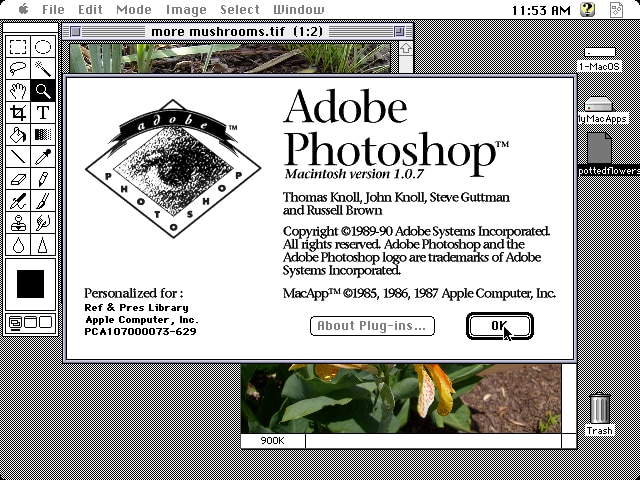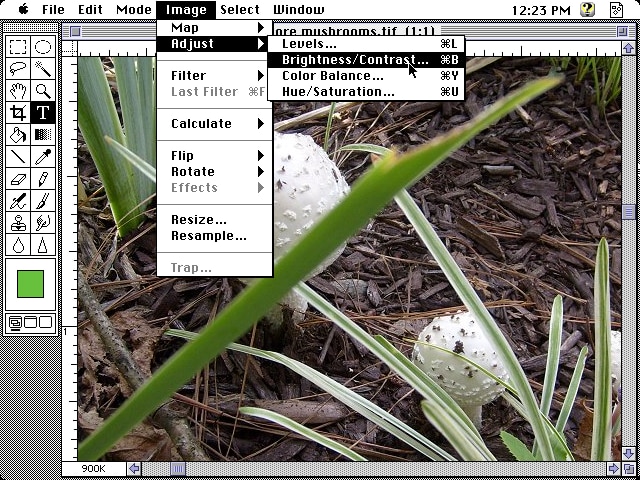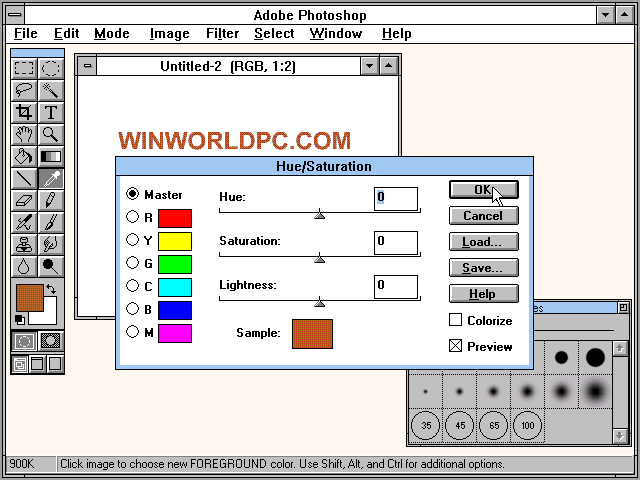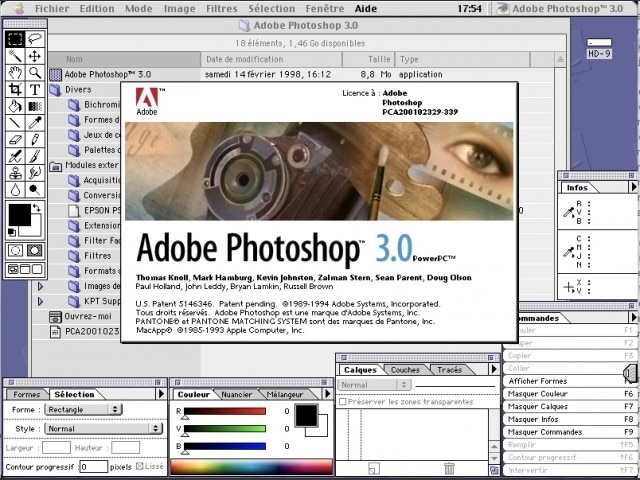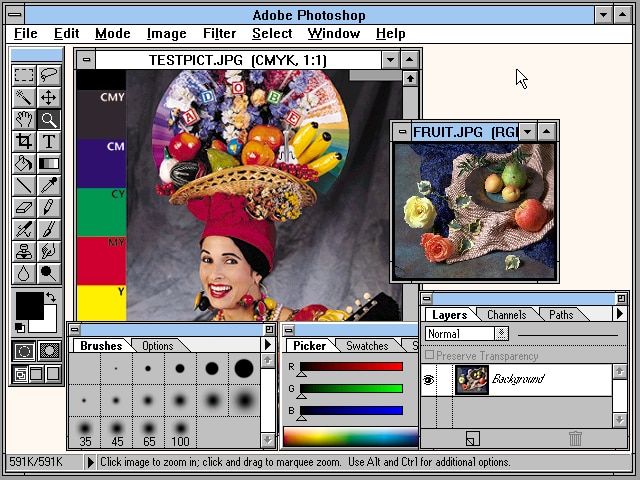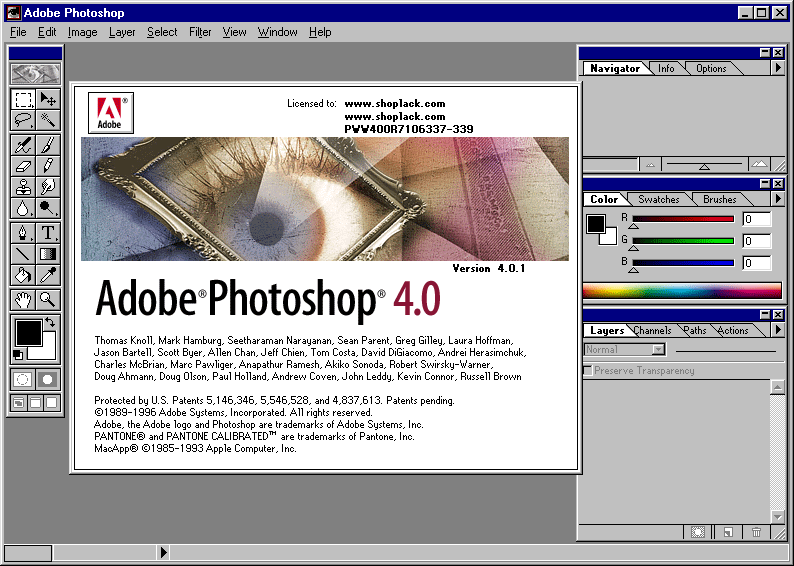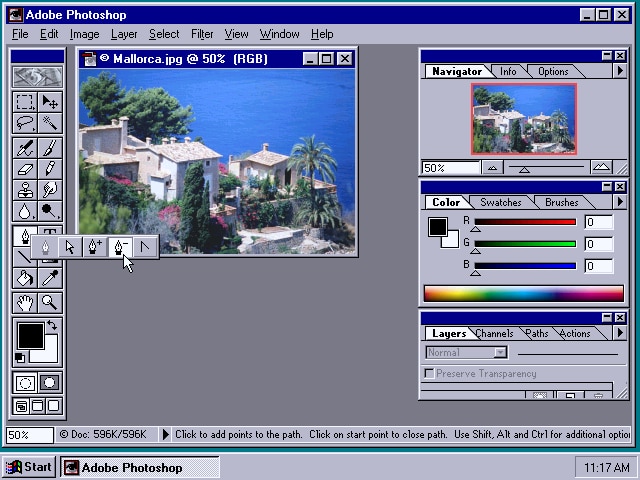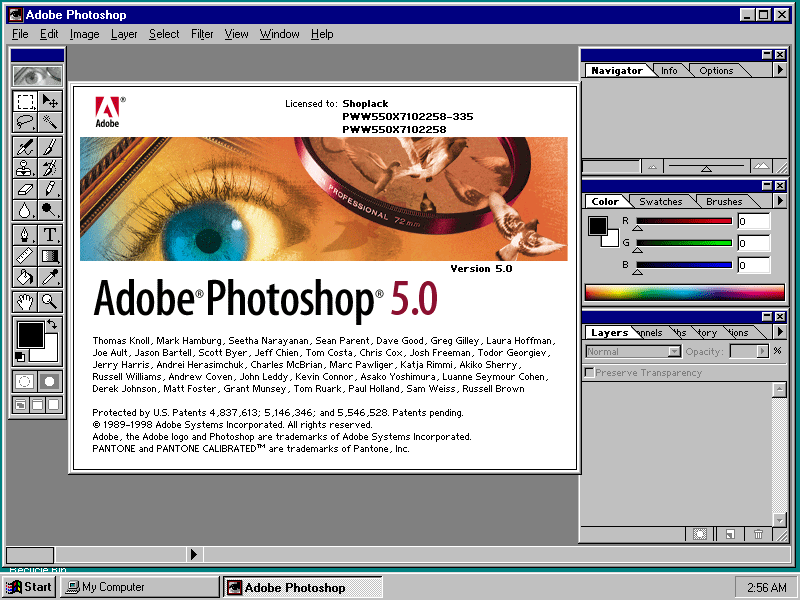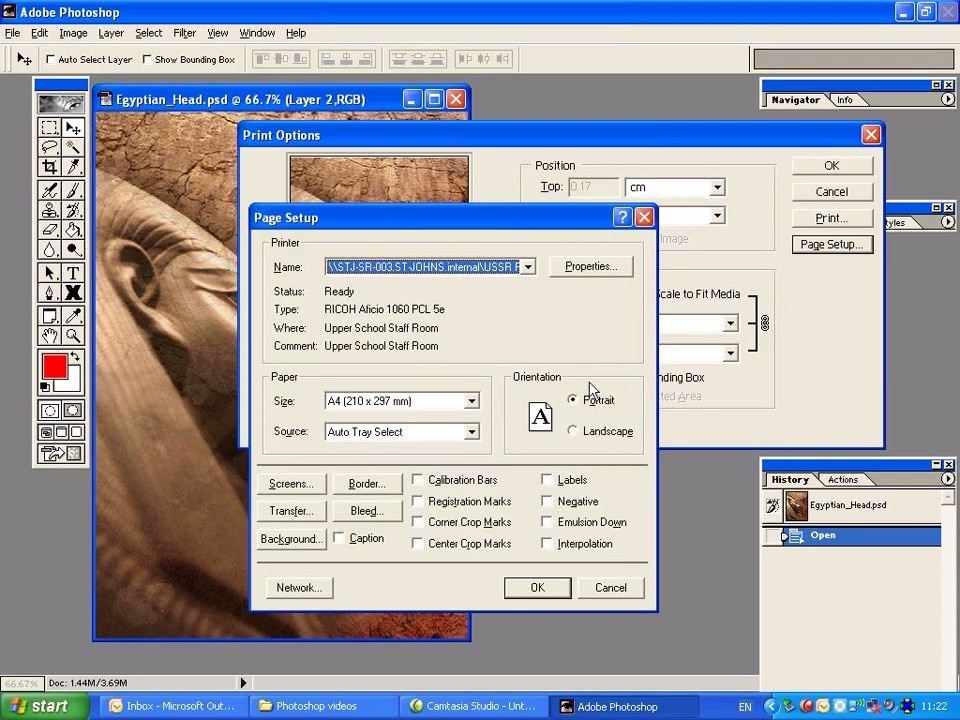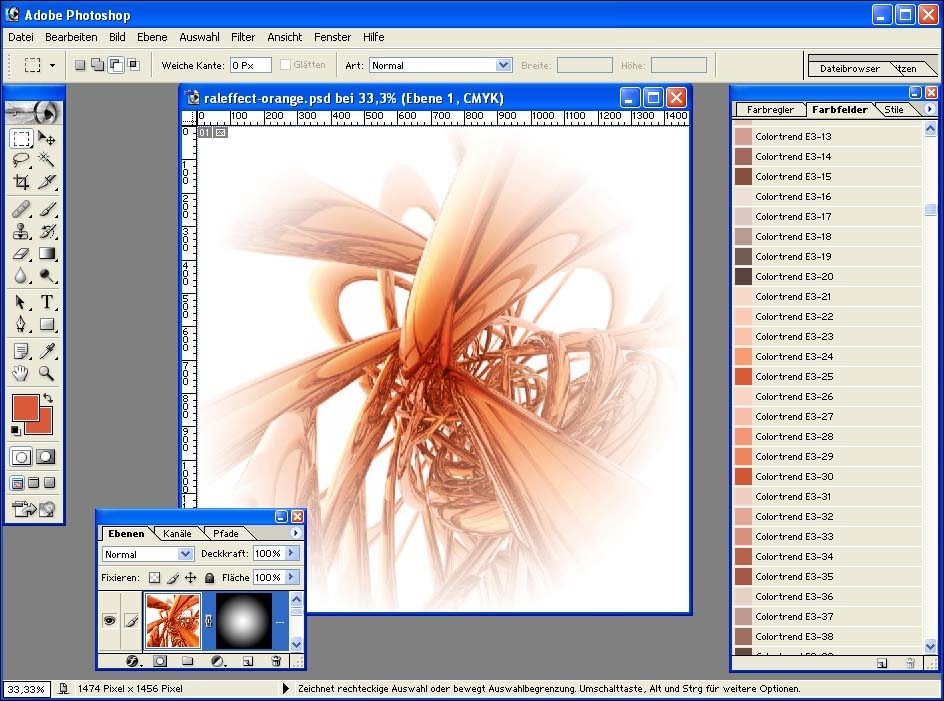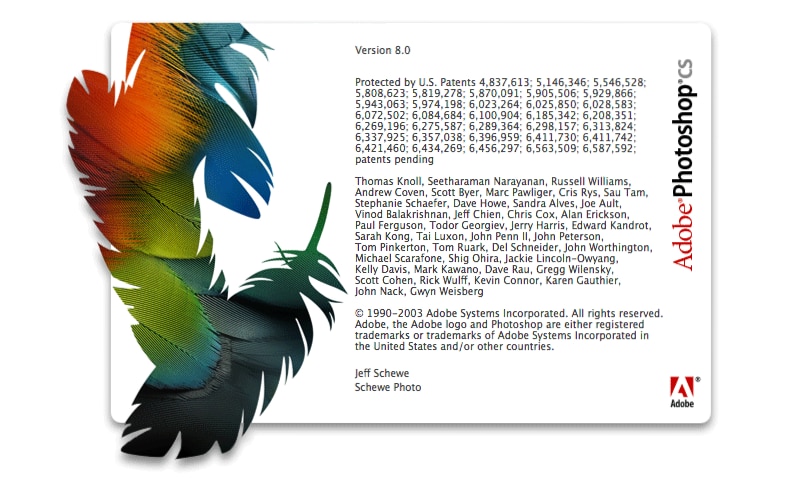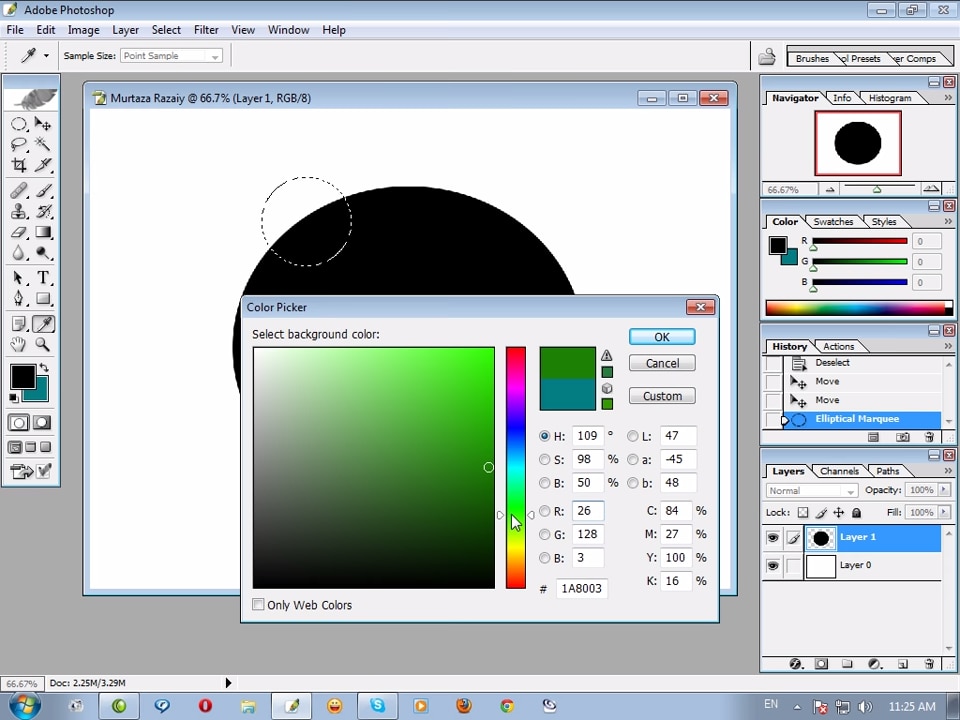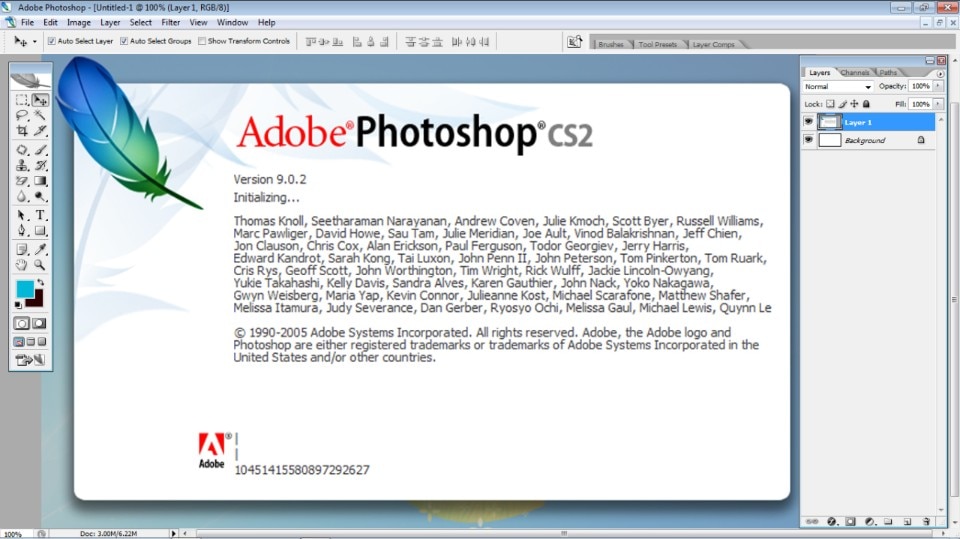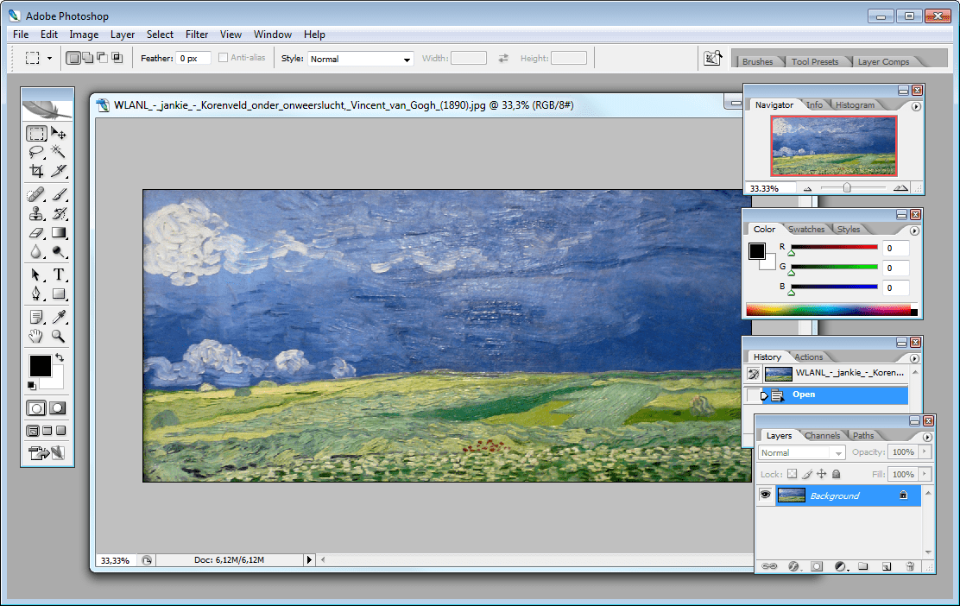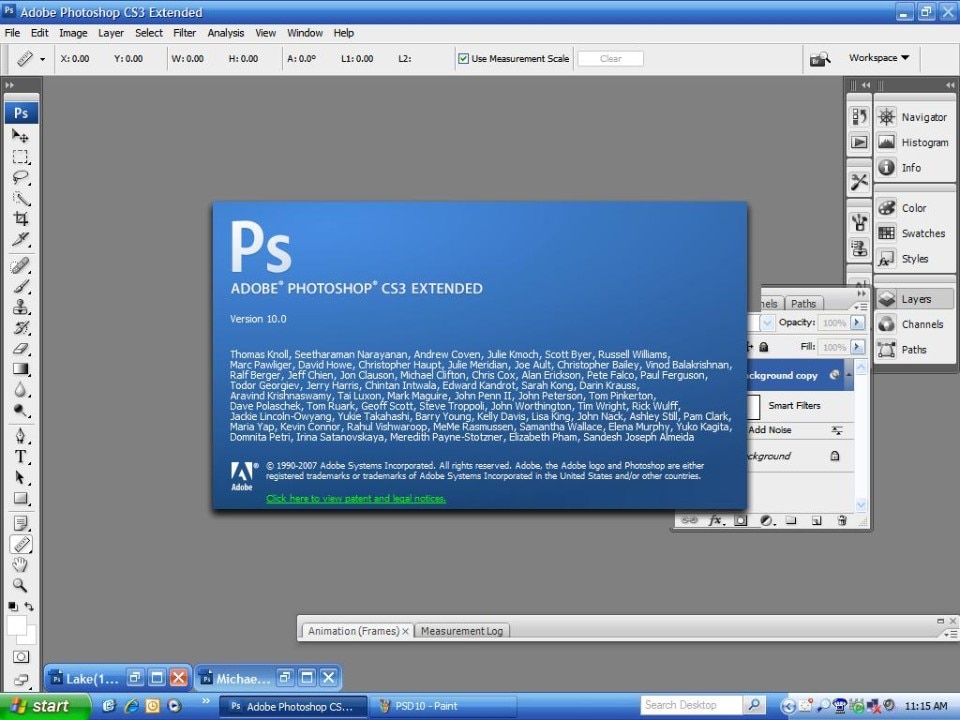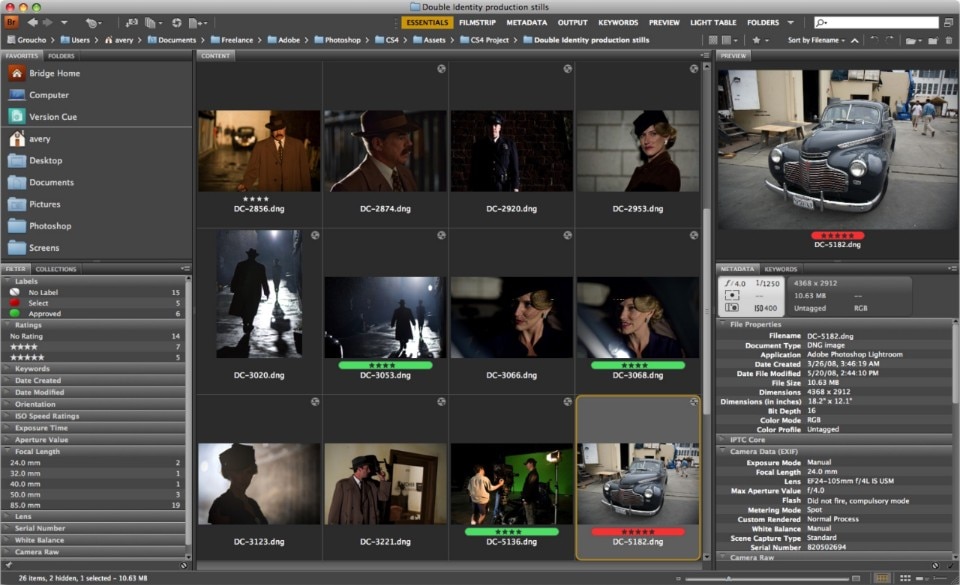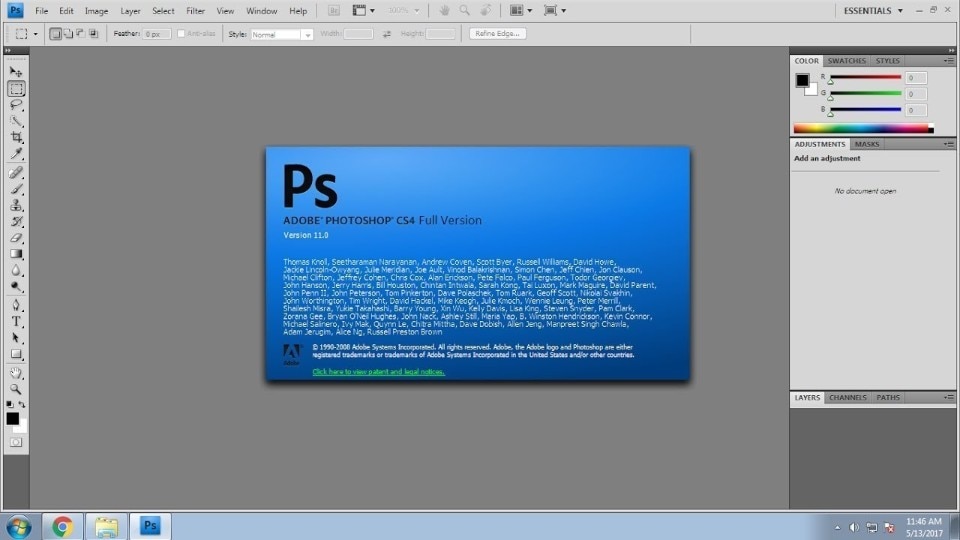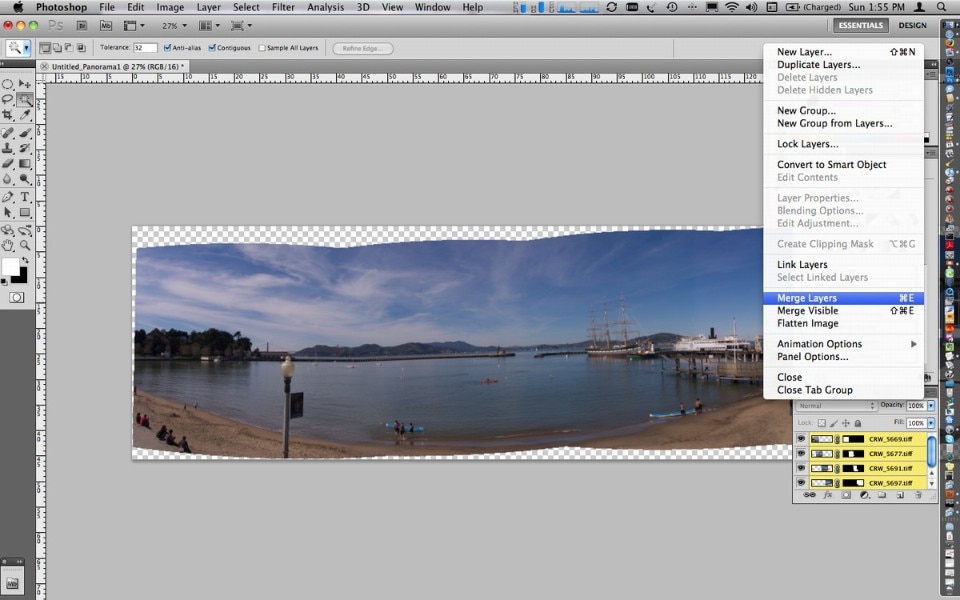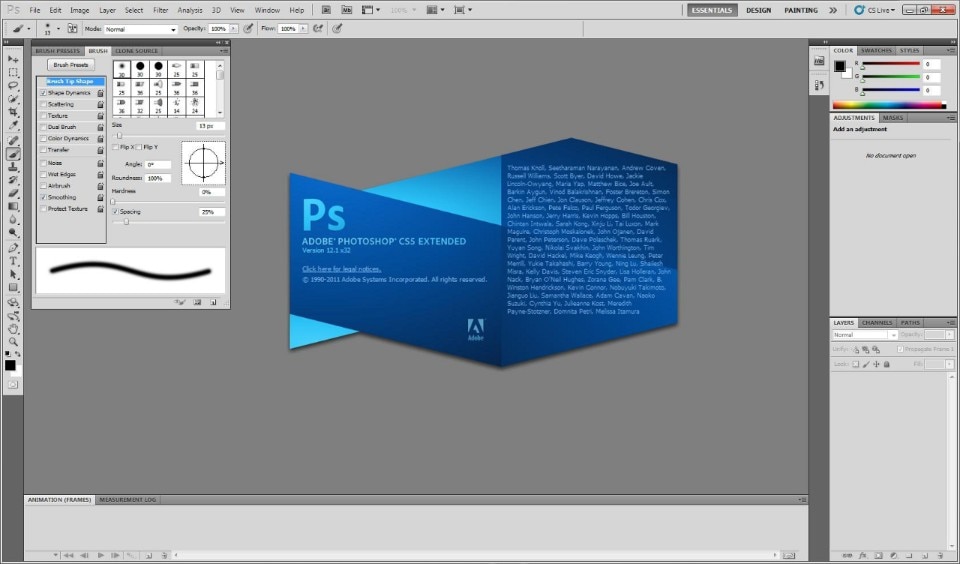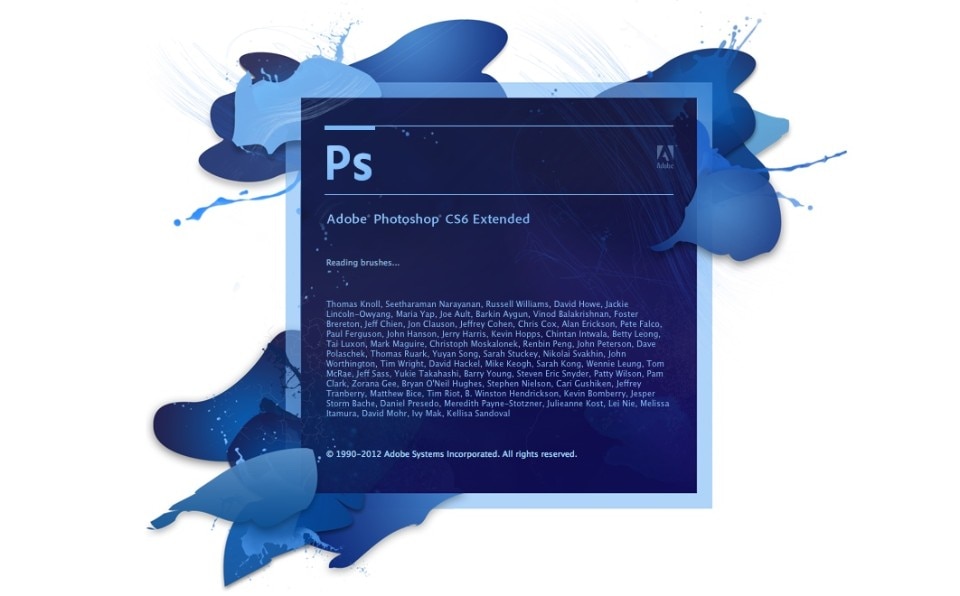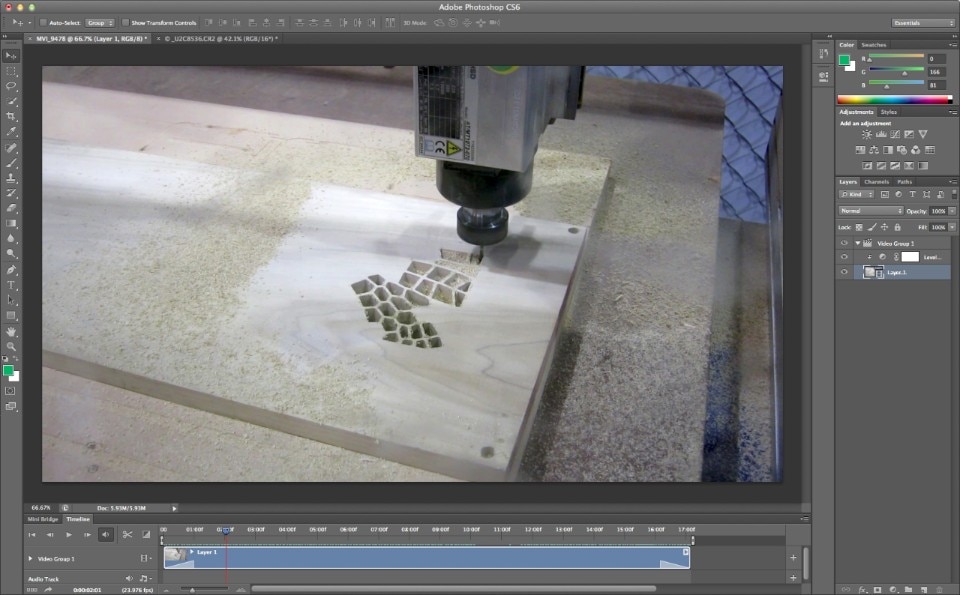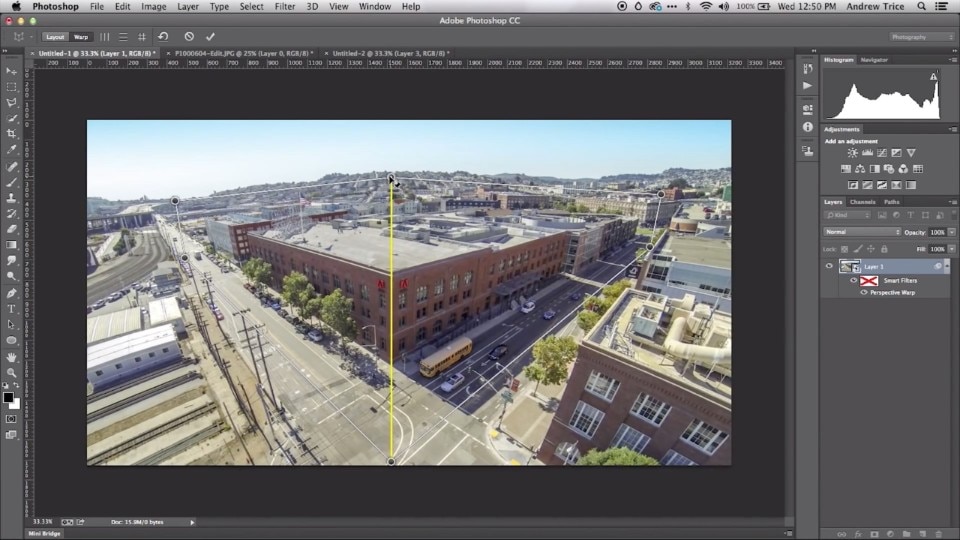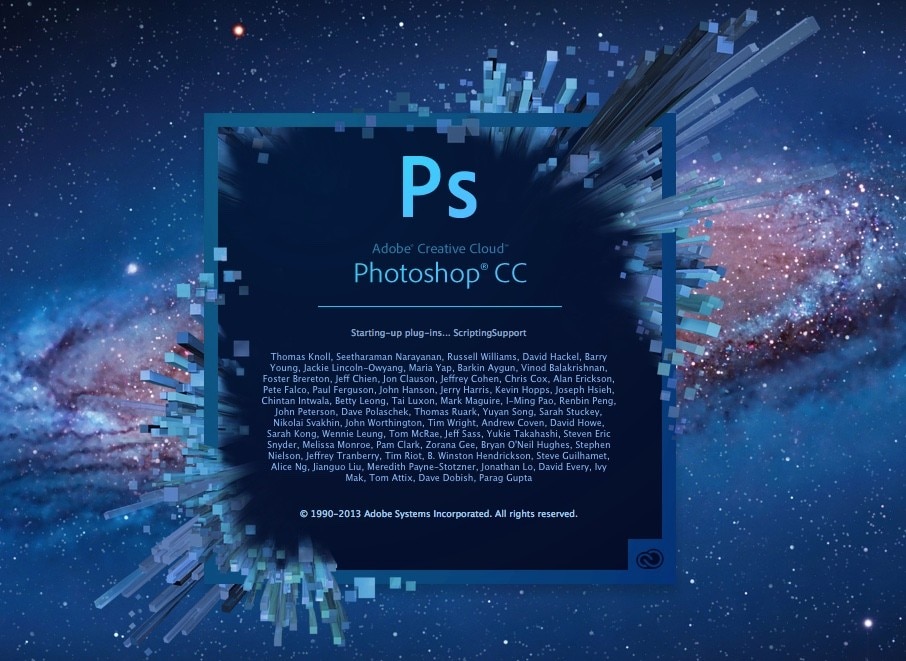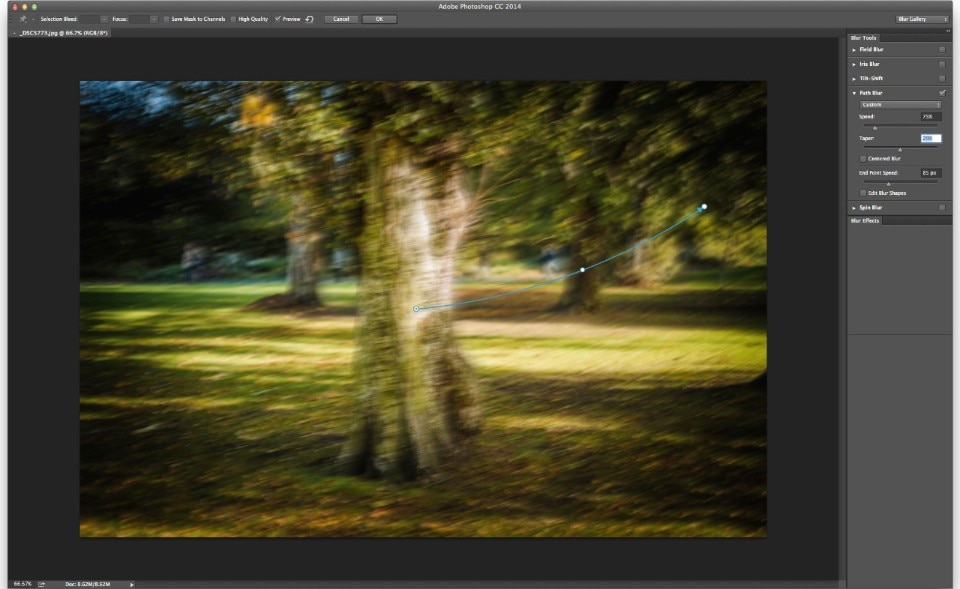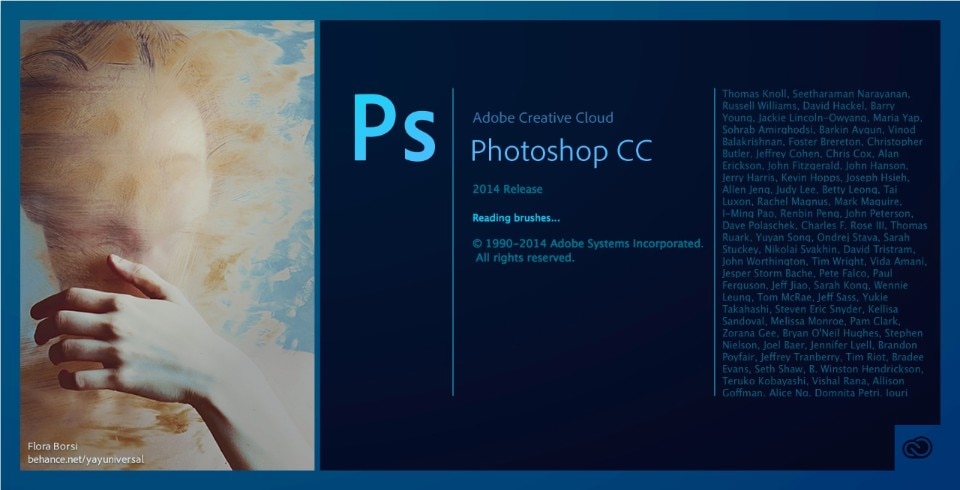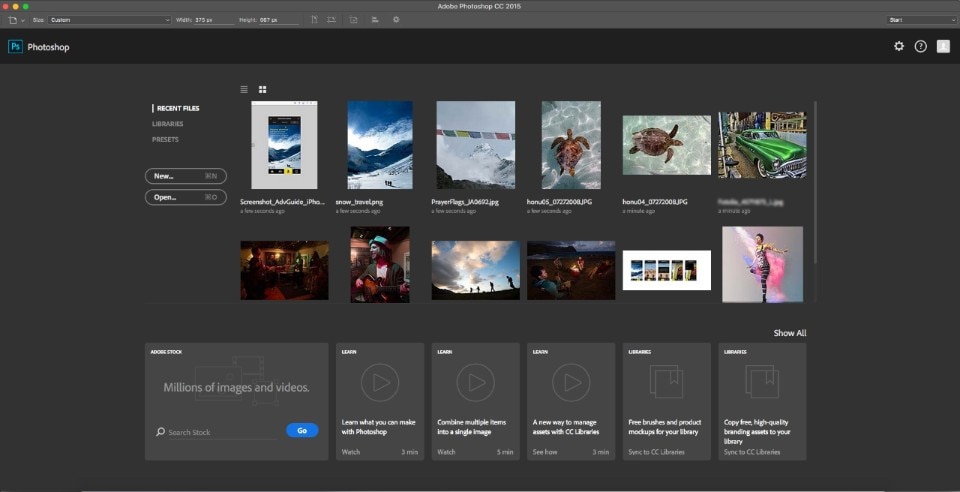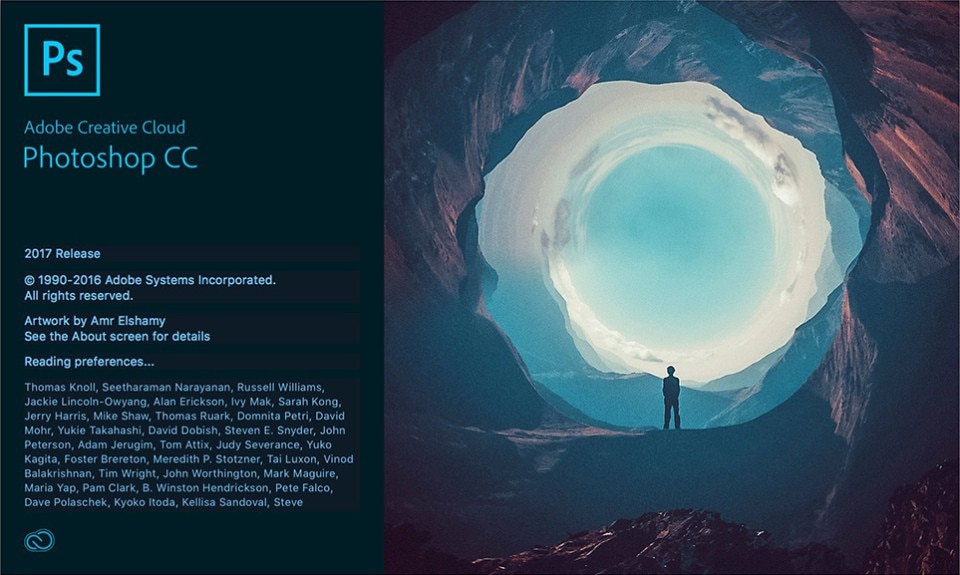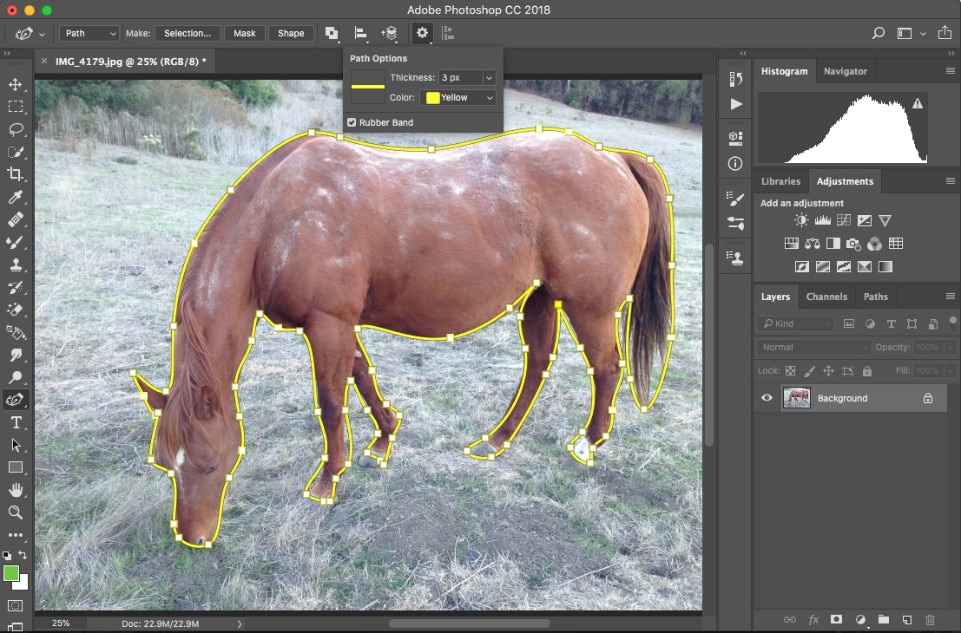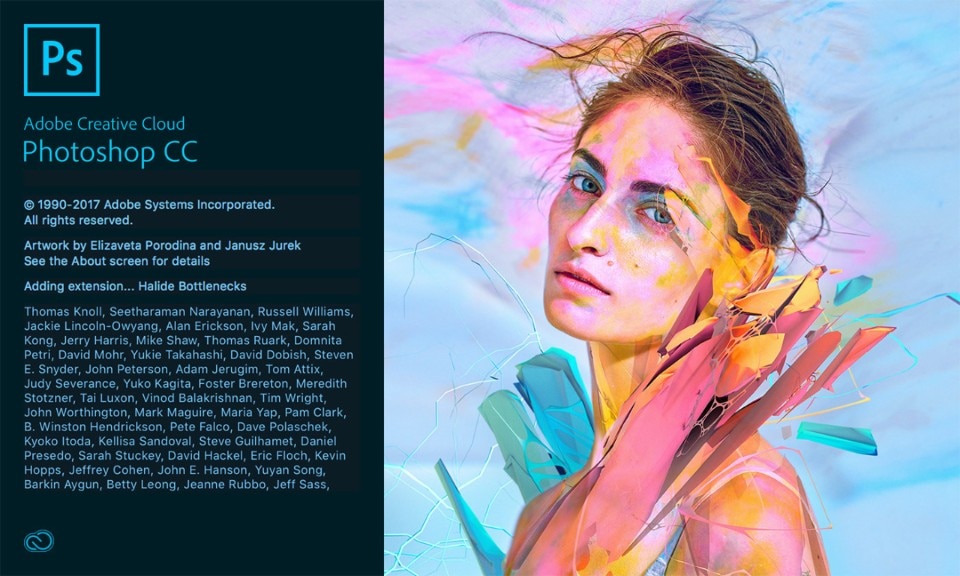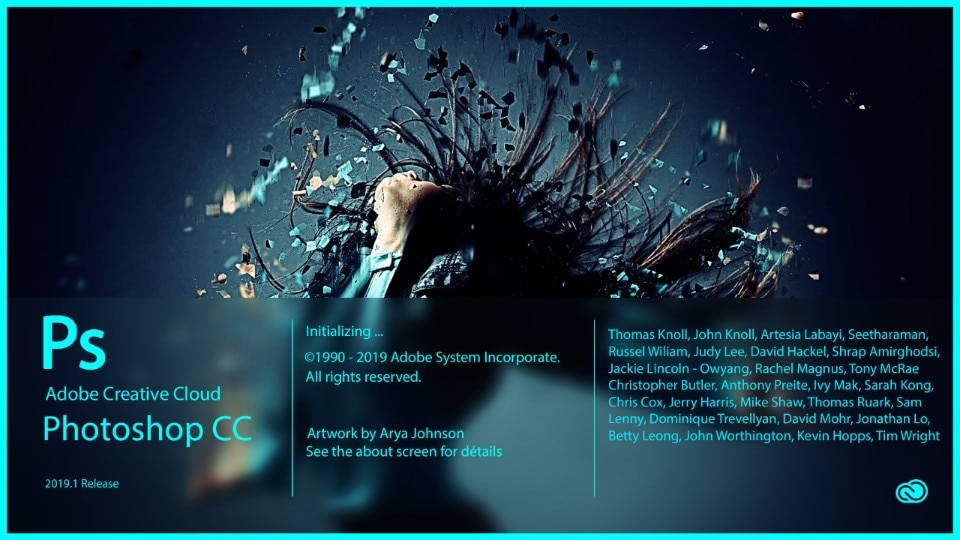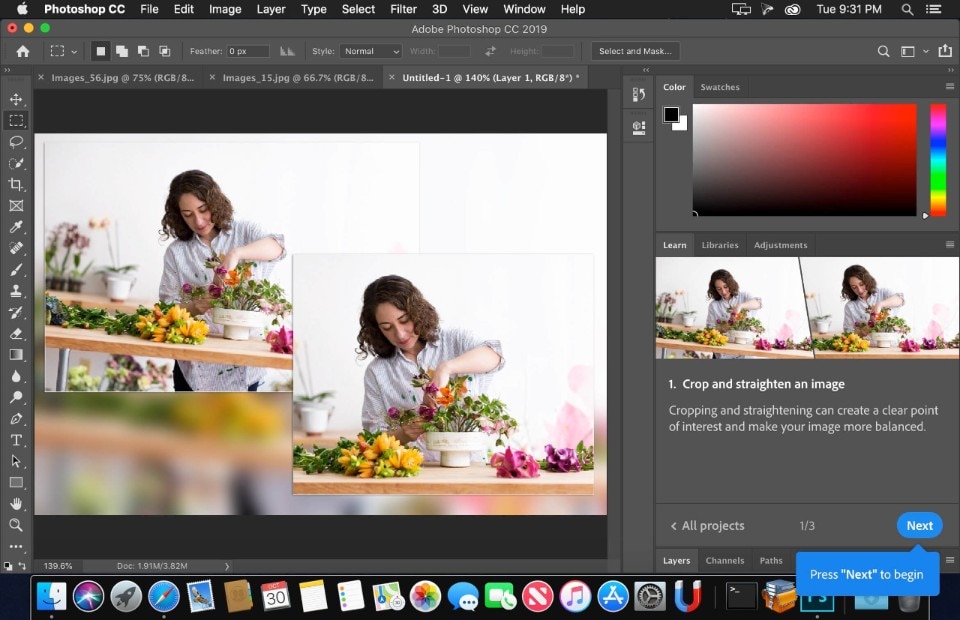On February 19th 1990, Adobe released Photoshop 1.0 for the Macintosh, the first official versione of a software the company had acquired from the brothers Thomas and John Knoll two years earlier. At the time the program was far from the graphics powerhouse we know today, but it was a still a revolutionary piece of software. The first version was followed by Photoshop 2.0 on year later and then Photoshop 2.5 in 1993, the first version officially available on Windows.
Fast forward 30 years, and here we are: Photoshop is not just a well known software, but a proprietary eponym for anything that has to do with photo-enhancement and photo-retouching. And Photoshop is not just for photographers or graphic designers anymore, it’s a complete suite of tools that still caters to the needs of a wide gamut of creatives from every field, despite the growing competition of good alternatives that are both powerful and cheap, but can’t build on a strong and historicized trademark based.
Photoshop is an ongoing success that now transcends platforms, and spearheaded the whole Adobe Creative Suite into a hard and criticized - but largely successful - transformation into a cloud based software package with a subscription based license scheme (as opposed to an expensive set of downloadable standalone programs that you could own forever).
This transformation, despite many reasonable criticisms, is also what lets Adobe provide timely and constant updates that everyone who’s up to date with their software bundle can enjoy right away, instead of having to wait in order to buy an expensive upgrade to the software’s latest version.
For example, everyone who own Photoshop 2020, the latest version of the software, can already start to try out a flurry of new improvements to its AI-based imaging tools. The content-aware fill, for example, is now able to work on multiple selections at the same time, while the lens-blur, a feature that mimics the bokeh and the shallow depth of field of large aperture lens, now has been greatly improved and optimized to run on the GPU rather than the CPU, giving it a larghe computational edge.
Some of the more important updates, though, are coming to the iPad version of Photoshop. On the Apple tablet users can now apply the object selection tool, which lets you use the selection to automatically isolate multiple objects on the scene, and much improved controls for typesetting. Photoshop for iPad is available right away to whoever owns a CC subscription. The app can be freely downloaded from the app store and can be accessed just by logging in with the user’s credentials.
Dyson has recently announced the winner of the 2019 edition of its coveted James Dyson Award. The prize went to Lucy Hughes, a student at University of Sussex, who came up with MarinaTex, a novel kind of plastic film made from fishing waste. The translucent plastic film can be used to create home compostable plastic bags to be used in the food industry to package baked goods, fresh fruit or produce. Compared to many other kind of bioplastics, MarinaTex-based products can easily compost in 4 to 6 weeks in a food recycling bin or composter. Moreover, they don’t need high amounts of energy to be produced, as the production process involves temperatures way below 100 degrees. For MarinaTex to become a commercially viable product, more research into material performance and mass manufacturing will be needed.
Along with MarinaTex, Dyson awarded two runner-up inventions, Afflo and Gecko Traxx. Afflo is an AI-based wearable device for asthma sufferers that can detect individual symptoms with a good accuracy and match them with external triggers, a procedure that’s currently done only empirically, via trial and error. Gecko Traxx is a special set of inexpensive rubber wheels that add off-road capabilities to any wheelchair, enabling the user to access otherwise impervious areas, such as beaches and uneven terrain.




